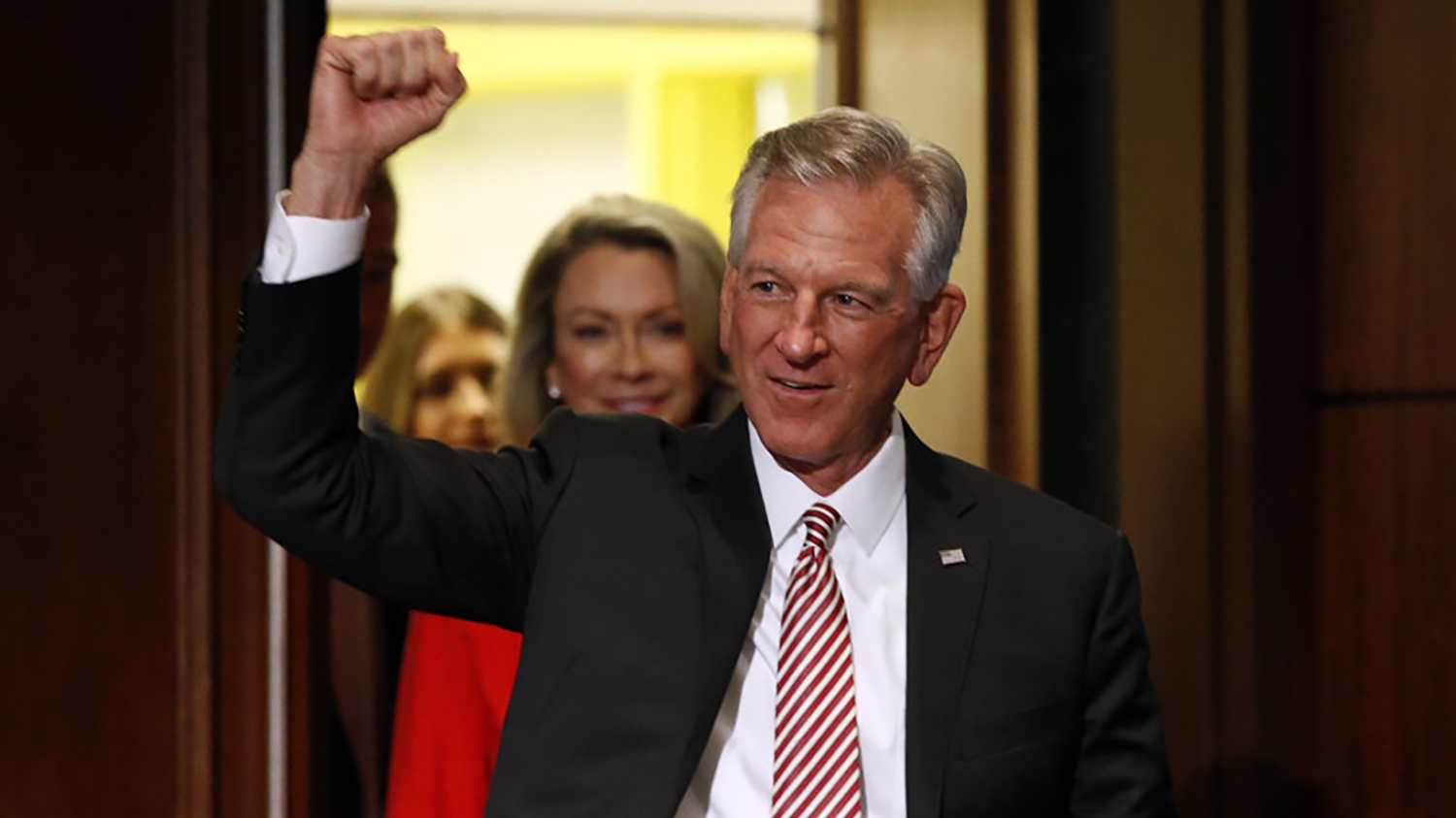Eric Thompson Show Podcast
Federal Judge Blocks Biden’s Title IX Rule in Six More States, Intensifying Legal Struggles
In a significant legal setback for the Biden administration, a federal judge has issued an injunction blocking the enforcement of the administration’s revised Title IX rule in six additional states. This ruling further complicates the administration’s efforts to implement changes aimed at expanding protections against gender discrimination in educational settings.
The injunction, issued by U.S. District Judge Charles Atchley Jr., affects Texas, Alabama, South Dakota, West Virginia, Tennessee, and Idaho. These states join several others where similar injunctions have been granted, reflecting a growing judicial skepticism regarding the Biden administration’s approach to Title IX.

Title IX, a cornerstone of civil rights legislation in education, prohibits discrimination based on sex in federally funded education programs. The Biden administration’s revisions sought to extend these protections to include sexual orientation and gender identity, a move that has been met with legal challenges from numerous states.
Judge Atchley’s ruling centers on concerns that the new regulations may overstep federal authority and infringe on states’ rights. In his decision, Atchley highlighted potential conflicts with existing state laws and questioned the procedural validity of the administration’s rule-making process.
“The states have demonstrated a substantial likelihood of success on the merits,” Atchley wrote, indicating that the plaintiffs’ arguments against the federal overreach had significant legal weight. He emphasized that the changes could impose undue burdens on schools and educational institutions, requiring them to navigate a complex web of federal and state regulations.
The Biden administration has defended its revisions to Title IX as necessary to ensure equal protection for all students, regardless of gender identity or sexual orientation. Secretary of Education Miguel Cardona has argued that the updated regulations are crucial for safeguarding the rights of LGBTQ+ students and creating inclusive educational environments.
“Our goal is to protect all students from discrimination and harassment,” Cardona stated in response to the ruling. “We believe that these protections are essential for ensuring that every student has access to a safe and supportive learning environment.”
However, critics argue that the new Title IX rule represents an overreach of executive power and a departure from the original intent of the legislation. They contend that the administration’s approach undermines states’ rights to set their own educational policies and creates confusion for educational institutions trying to comply with conflicting mandates.
In a statement, Texas Attorney General Ken Paxton praised the court’s decision, framing it as a victory for state sovereignty and the rule of law. “This ruling underscores the importance of maintaining the balance of power between the federal government and the states,” Paxton said. “We will continue to fight against unlawful overreach and protect the rights of our citizens.”
The legal battles over Title IX are likely to continue, as both sides prepare for further litigation. The Biden administration is expected to appeal the injunction, seeking to uphold its interpretation of Title IX protections. Meanwhile, states opposing the rule are gearing up for prolonged legal fights to maintain the injunction and prevent the federal government from enforcing the new regulations within their jurisdictions.
The broader implications of these legal challenges extend beyond the immediate context of Title IX. They reflect deeper philosophical divides over the role of federal versus state authority, the interpretation of civil rights laws, and the appropriate scope of protections against discrimination. As these cases work their way through the courts, they will not only shape the future of Title IX but also influence the broader landscape of educational policy and civil rights protections in the United States.
This ongoing legal saga underscores the contentious nature of contemporary debates over gender identity, civil rights, and the limits of governmental authority. The outcome of these battles will have far-reaching consequences for educators, students, and policymakers as they navigate the evolving terrain of civil rights law in the 21st century.

